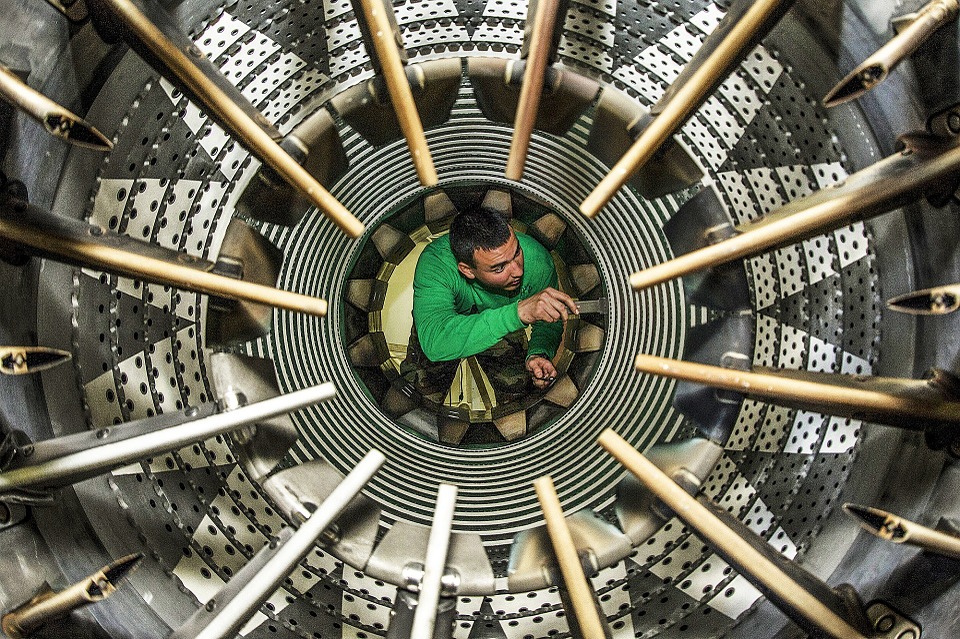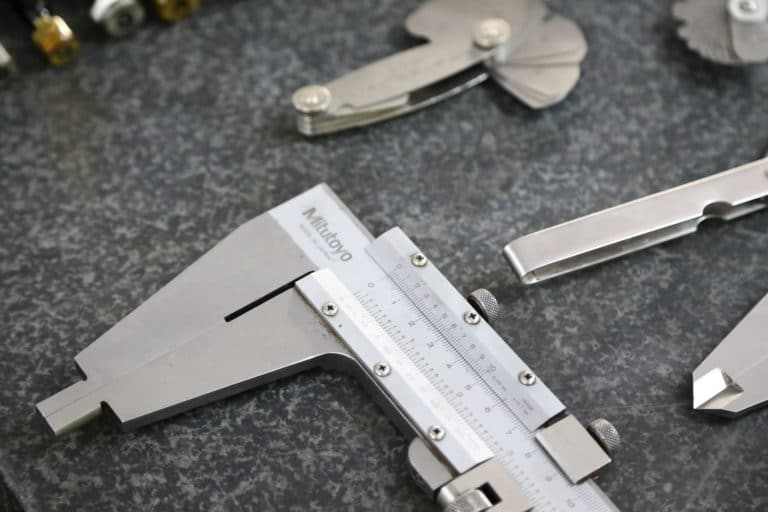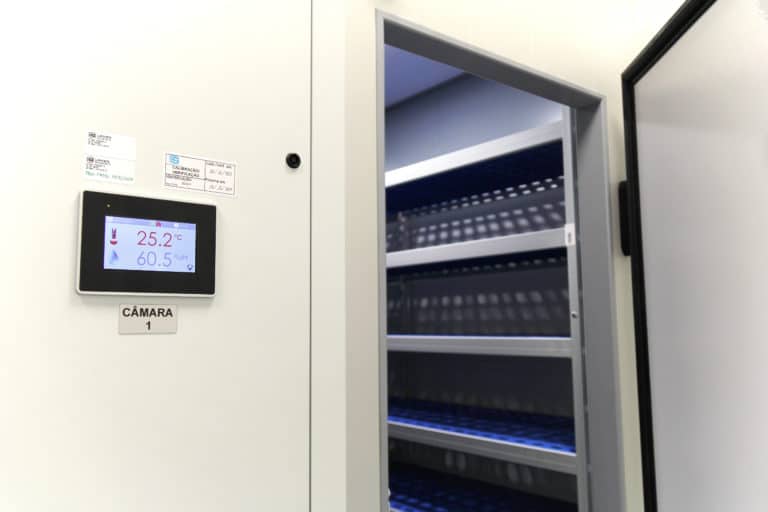ISQ RESPONDS TO CUTTING-EDGE SECTORS
We believe that 2016, albeit tenuously, will be a turning point in the crisis cycle of the last five years. The country’s major industrial units are expected to intensify their shutdown periods for maintenance and, consequently, ISQ will boost service provision in this sector.
At the same time, rather counter- cyclically, we have had and still have important investments in the aeronautics sector in different regions of the country. This seems to indicate the importance of sector in the Portuguese economy, all the more so with newly approved investment projects aiming at establishing new industrial units in Portugal.
As a cross-cutting technological infrastructure in the Portuguese economy, ISQ has played a role in all major projects relevant to the country. Our action includes various skills, from support to licensing, construction, testing and analyses of the production cycle to cycle, product development support. Such is the case of validation tests for the Embraer half-wing project, being run in our structural testing labs in Castelo Branco.
Portugal has also participated in various space-related European programmes, developed by European bodies, such as ESA (European Space Agency) and ESO (European Southern Observatory). ISQ also maintains ongoing contribution in these programmes, and has been monitoring the operations of the Ariane 5, Soyuz and Vega launching systems at the European Space Centre in French Guiana for over a decade.
Similarly, the contract secured by ISQ to supervise and inspect the assembly of the ELT (Extra Large Telescope) in the Atacama desert, in Chile, is also noteworthy.
Portugal faces ongoing challenges under these programmes, particularly in ESA with the development of Ariane 6, Vega and the PRIDE-ISV programme based on the IXV vehicle. I must emphasise that ISQ played an important role in the IXV project with a testing programme to validate the development engineering of this vehicle.
The Portuguese Government, in the person of the Minister of Science, Technology and Higher Education, Prof. Manuel Heitor, announced the idea of a project for an Atlantic platform to be deployed in the Azores, with a number of objectives based on space and sea-related scientific programmes together with eventually tapping into corresponding markets.
In this respect, ISQ is prepared to take on this challenge and be part of a broad alliance of Portuguese and foreign entities and companies to bring it to fruition. It is essential that this cluster results in an industrial sector with impact on our economy. In order to achieve this, it is absolutely essential to allocate strong political and financial aid, through programme contracts that support a rallying project.
I would also like to offer a word of praise for the dedication and commitment of those at ISQ who have made all this possible, and my gratitude for the proof of confidence in the institutions and companies with which we cooperate in the various fields of activity and, in the present case, in the aeronautics and aerospace industry







